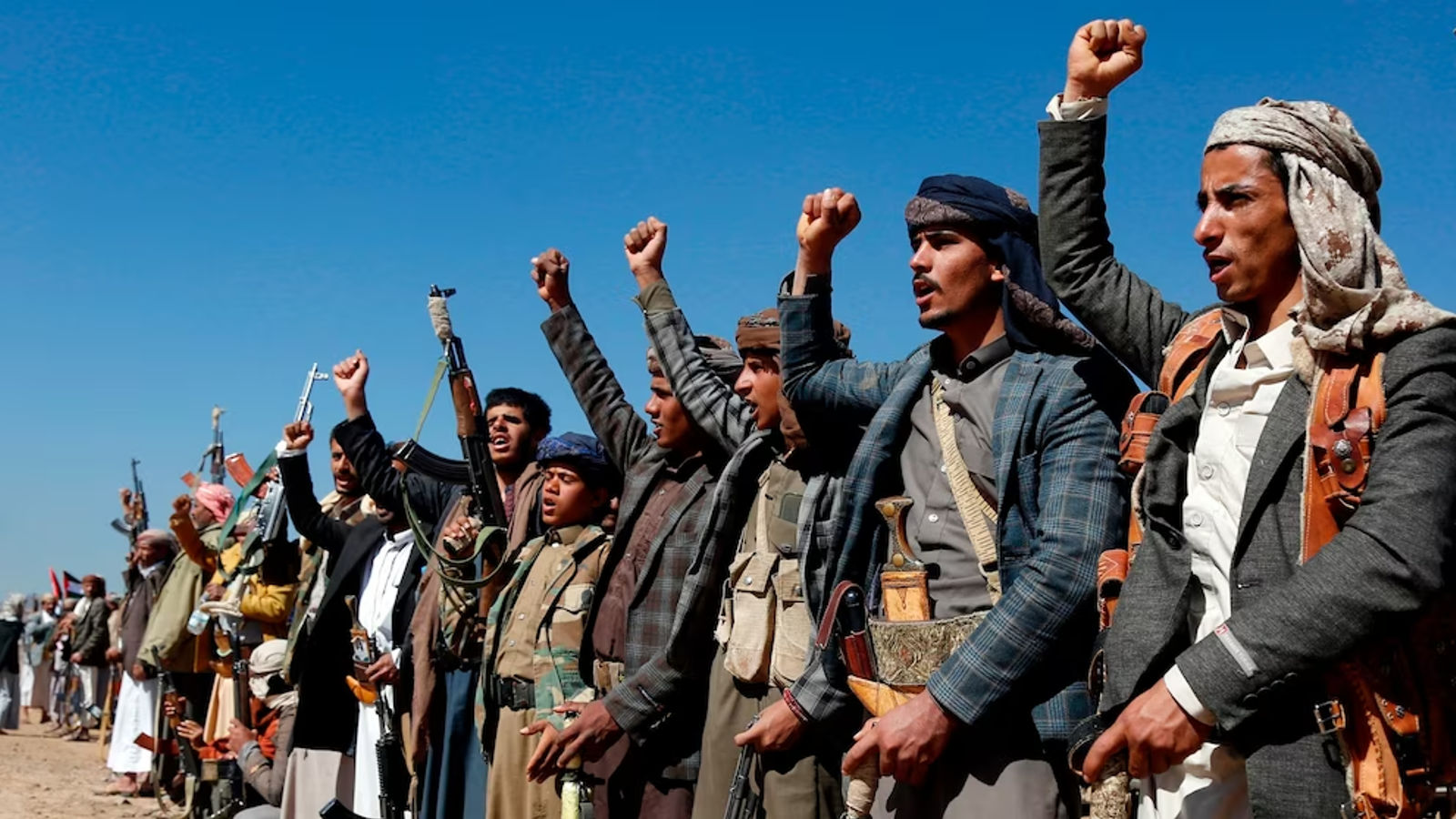In late January, the Houthis, a Shiite political and militant group based in Yemen, gained international attention for attacking Western commercial ships in the Red Sea. Although the terrorist organization has promised only to attack ships connected to Israel as a response to the Israeli counteroffensive, the Houthis have also indiscriminately attacked many ships with no connection to Israel whatsoever. This has prompted a global backlash, with the US and the UK leading an international coalition conducting missile strikes against Houthi ships and Houthi-controlled regions of Yemen.
More worrisome is the fact that the Houthis are a proxy of Iran, receiving funding and weaponry from the regime. The Defense Intelligence Agency confirmed that Iran has provided the Houthis with “a growing arsenal of sophisticated weapons and training” since 2014, and that Iran’s steady support has uniquely enabled the terrorist group to carry out the recent attacks on shipping vessels. As a result, this Houthi attack has provoked fears of escalation between Israel and Iran, which could potentially lead to a full-out regional war. Iran has long sought the destruction of the state of Israel since the 1979 Islamic Revolution. In addition to providing funding and training to Palestinian terror groups such as Hamas and Palestinian Islamic Jihad, major political figures in Iran have increasingly called for the destruction of Israel in recent decades.
The Houthis are not the only Iranian-backed terror group that has contributed to fears of escalation in the Middle East; Hezbollah, a Shiite political party and militant group, also attacked Israel shortly after the start of the Israel-Hamas war. Just one day after the October 7th attacks, Hezbollah launched a wide series of missile strikes at Israel’s northern border to back up Hamas and threaten Israel on its northern border. Since then, Hezbollah and the Israel Defense Forces have fired missiles, carried out targeted airstrikes, and employed drones against the other side. Although fighting between Israel and Hezbollah only consists of long-range attacks at the moment, many fear that the conflict will escalate into a full-scale war between the two sides, involving bloody face-to-face fighting.
Iran has long been a key supporter of Hezbollah and has provided the terrorist organization with funding, weapons, and training since the inception of the group in the early 1980s. This support runs so deep that Hezbollah Secretary General Hassan Nasrallah stated in 2016 that “Hezbollah’s budget, everything it eats and drinks, its weapons and rockets, comes from the Islamic Republic of Iran.” An all-out war between Israel and Hezbollah would be devastating, as it would significantly raise tensions in the area and serve as a platform for potential future escalation.
The aggression of these two Iranian-backed militant terror groups – the Houthis and Hezbollah – has resulted in international fears of escalation in the Middle East. US Secretary of State Antony Blinken has stated that from his perspective, the US “has not seen a situation as dangerous as the one we’re facing now across the region since at least 1973, and arguably even before that.” This sentiment has been reflected in President Biden’s increasingly critical stance of Israel’s management of the war in Gaza. Biden recently described Israel’s actions in Gaza as “over the top,” and has put increasing pressure on the Israeli coalition government to adopt a more civilian-friendly approach to its war tactics, perhaps seeking to calm tensions in the Middle East to prevent further escalation. However, if this escalation does occur, the consequences could be catastrophic. Israel is widely believed to have secret nuclear capabilities, and Iran could develop nuclear weapons within a week if they decided to do so, according to a report published by the Institute for Science and International Security. Regardless, the world will watch the Middle East closely as the conflict continues to unfold.





